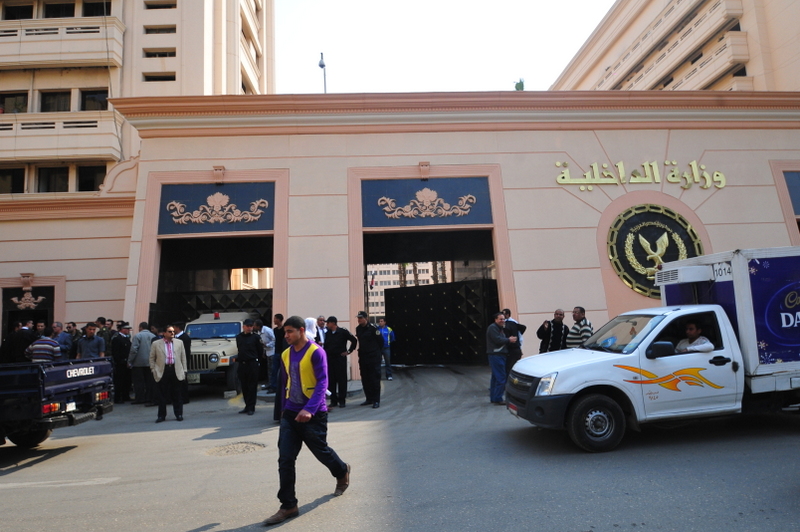CAIRO: It is a commonly held view among experts and commentators in the Middle East that Saudi Arabia is the main broker in the region, at least if signified by the strength of relations with the United States.
No major unified decision is taken by the Arabs unless the kingdom sign off for it, as some experts have told The Daily Star Egypt in the past.
Other experts have also told The Daily Star Egypt that as the Saudi role becomes more prominent in the region, this means that Egypt’s role as the main arbitrator has rescinded. Indeed, they say that the luster of the Egyptian role in the region is no longer as sparkling.
The reason, they say, has to do with the Bush administration’s position vis-à-vis Egypt, which is slightly colder than that of previous American administrations.
They also say that in this respect, Egypt has somewhat modified its role to include tasks such as liaising security matters in Palestine.
However, head of the international relations department at Al Ahram Center for Political and Strategic Studies Hassan Abu Taleb is a rare voice that contradicts the current consensus.
“There is a misconception in the concept of the role. You can have more than one role; it doesn’t mean one is more important than the other. There is scope for different roles, he says.
Abu Taleb adds, “What is between Egypt, Syria and Saudi Arabia is that they are carrying out different jobs for a common goal.
As for whether the Saudi role is the most important of these, he says: “What has Saudi Arabia managed to do in Somalia for example? Nothing. It has a say of course, and it has a place, but why do people think it is the leader of the Arab world?
Abu Taleb believes that no one country can now comprehensively influence any given situation. Citing Iraq as a model, he states that there is no one country involved in Iraq, whether the US or Iran or anyone else, that is managing to solely influence events in the country.
“Since 1973, there has been a split in the types of roles each country in the region is now carrying out. It is no longer like the sixties; most issues now are tightly interlinked, Abu Taleb says.


